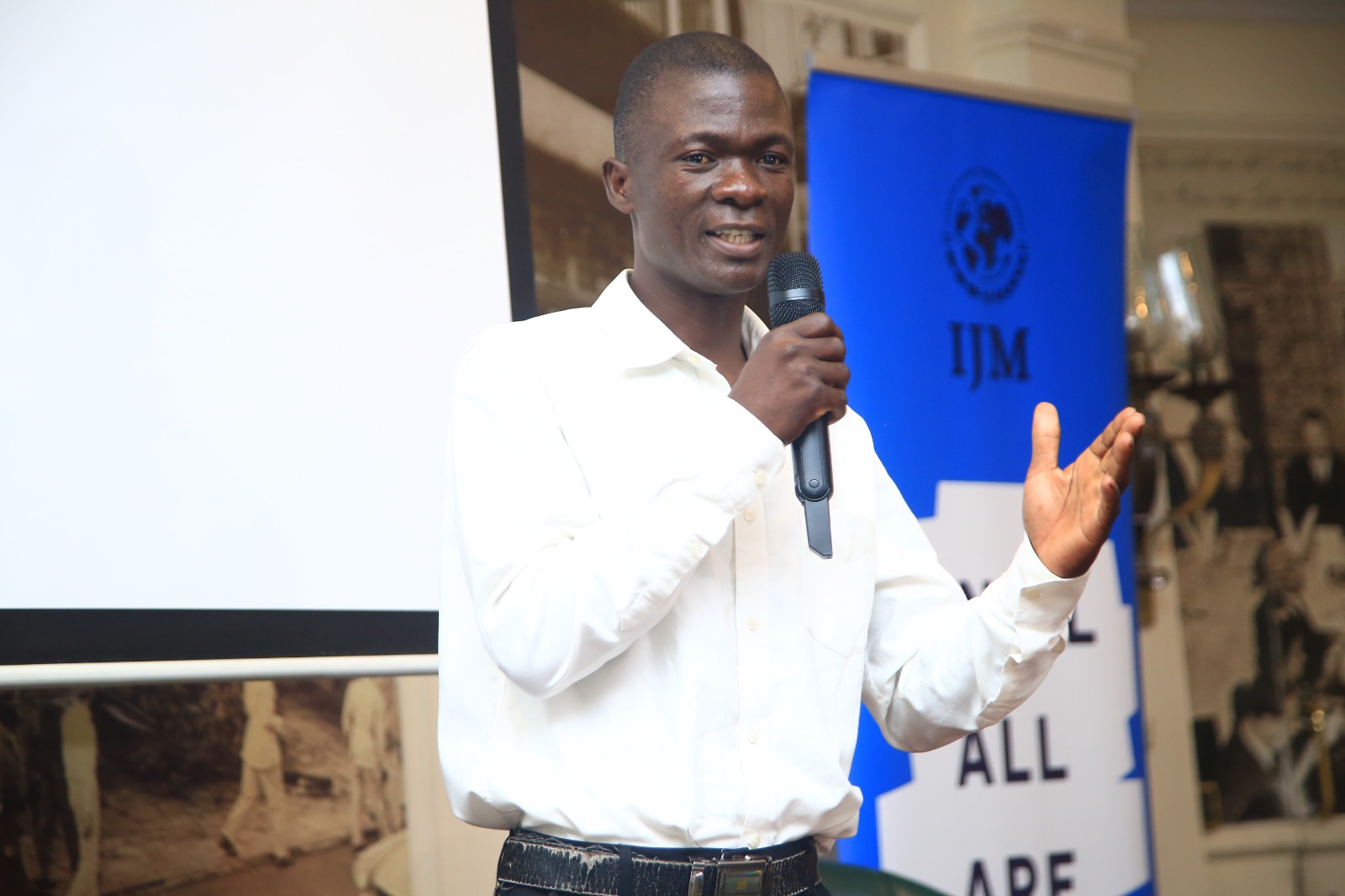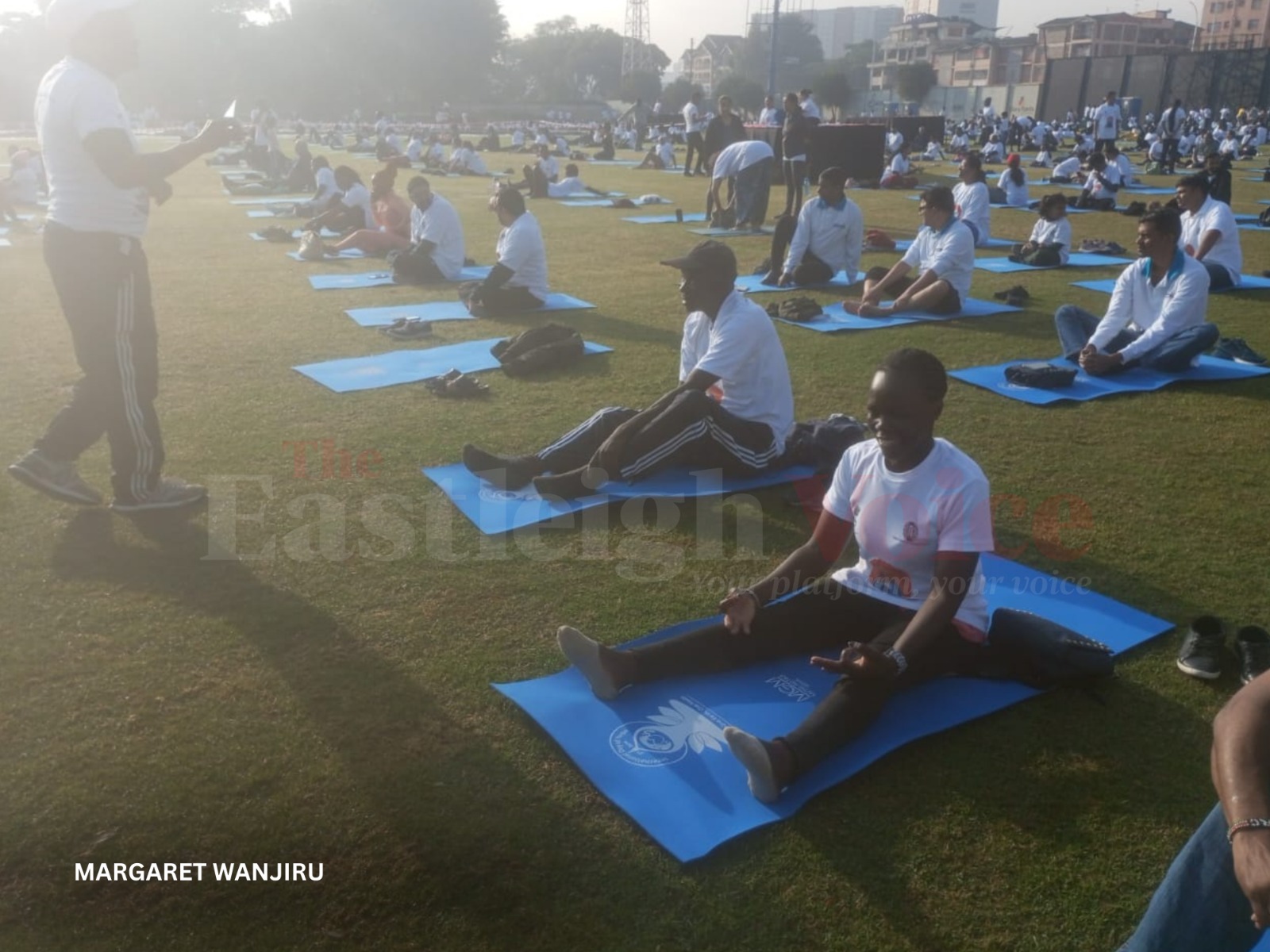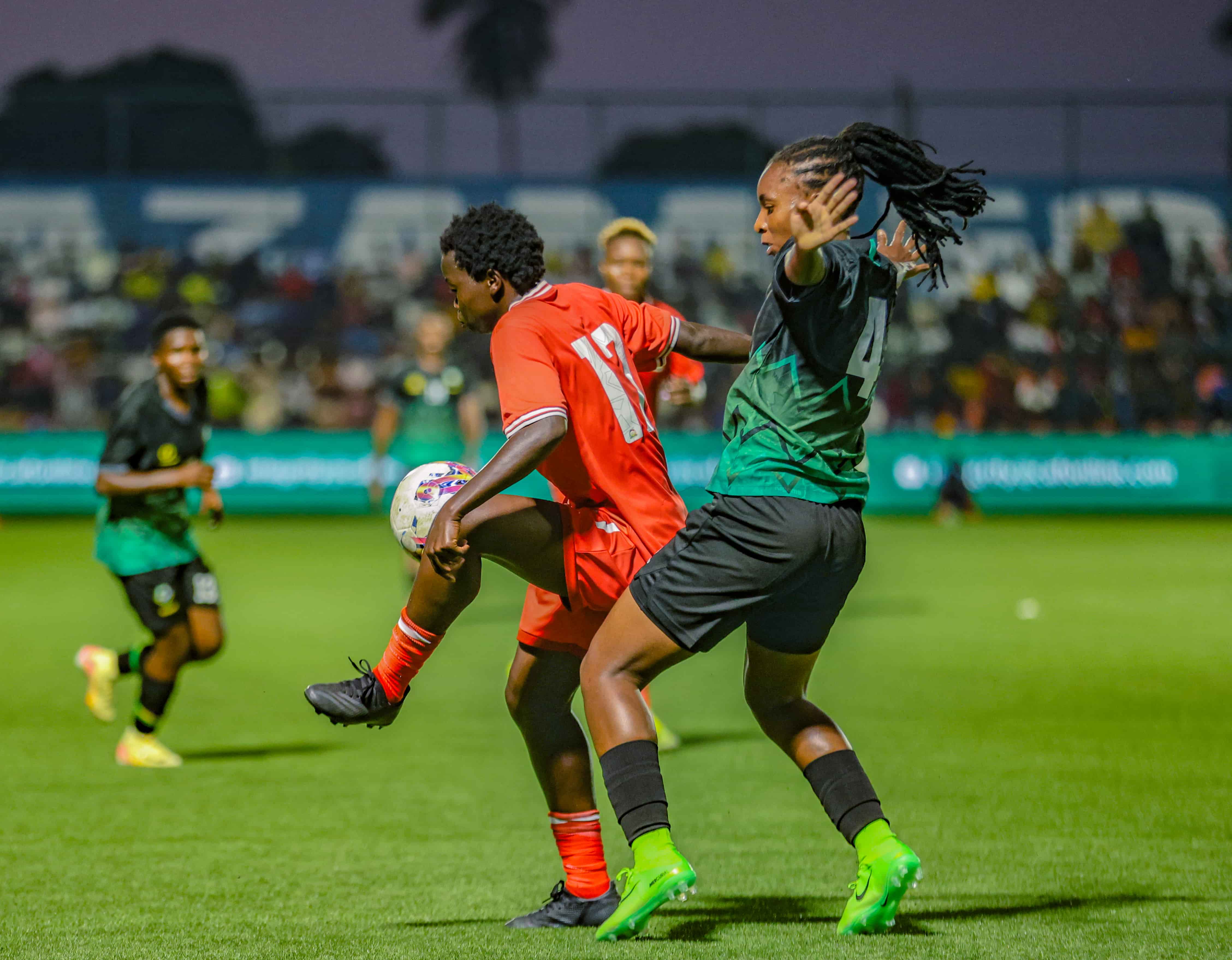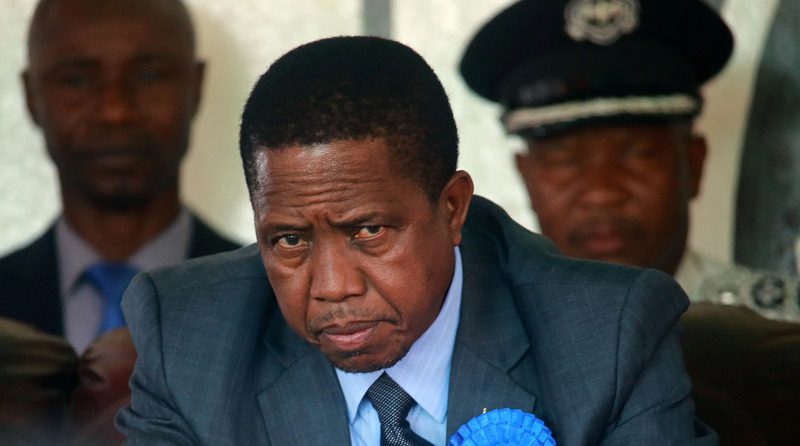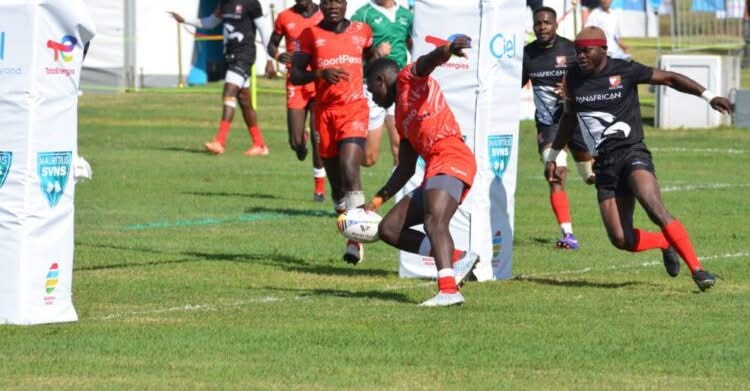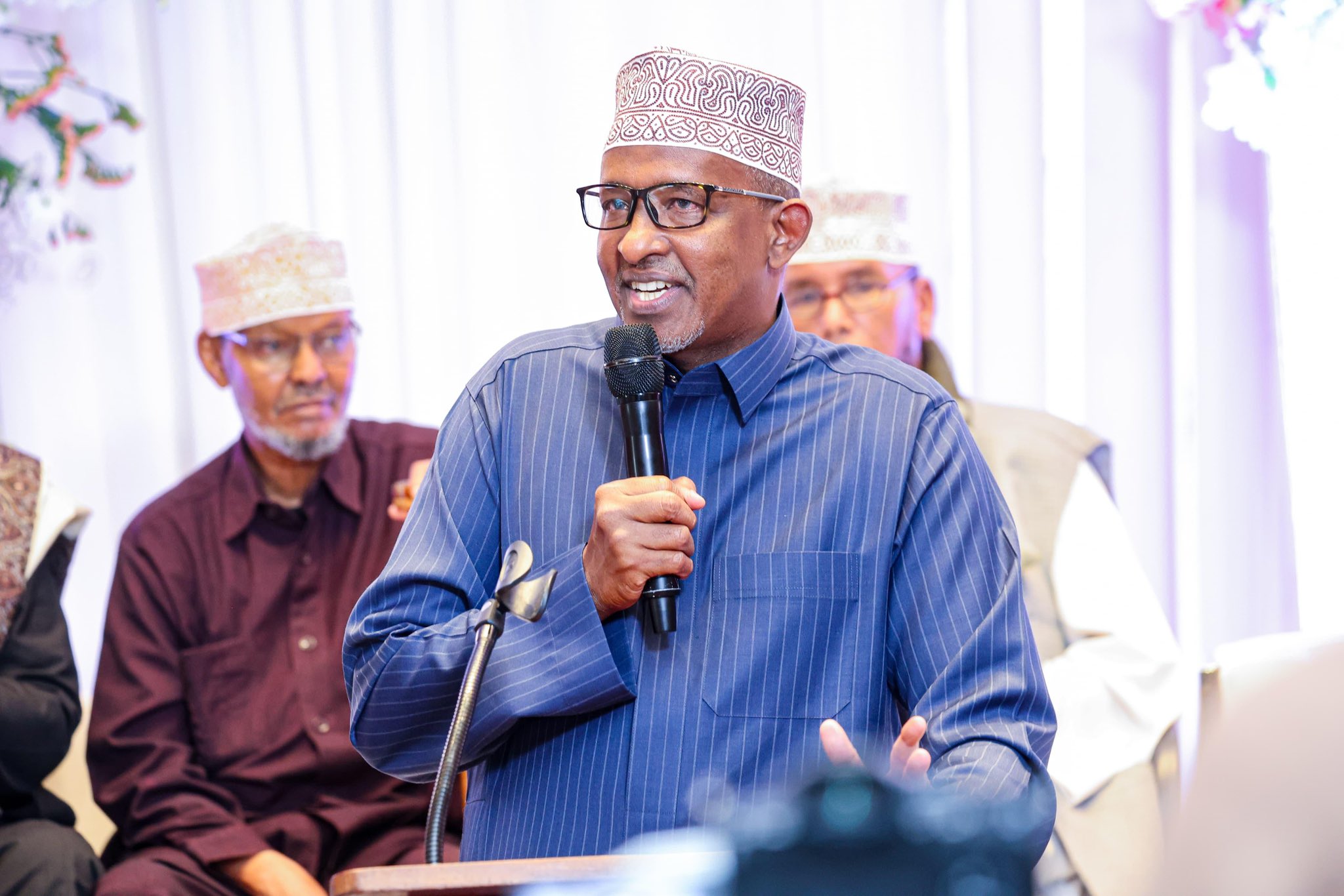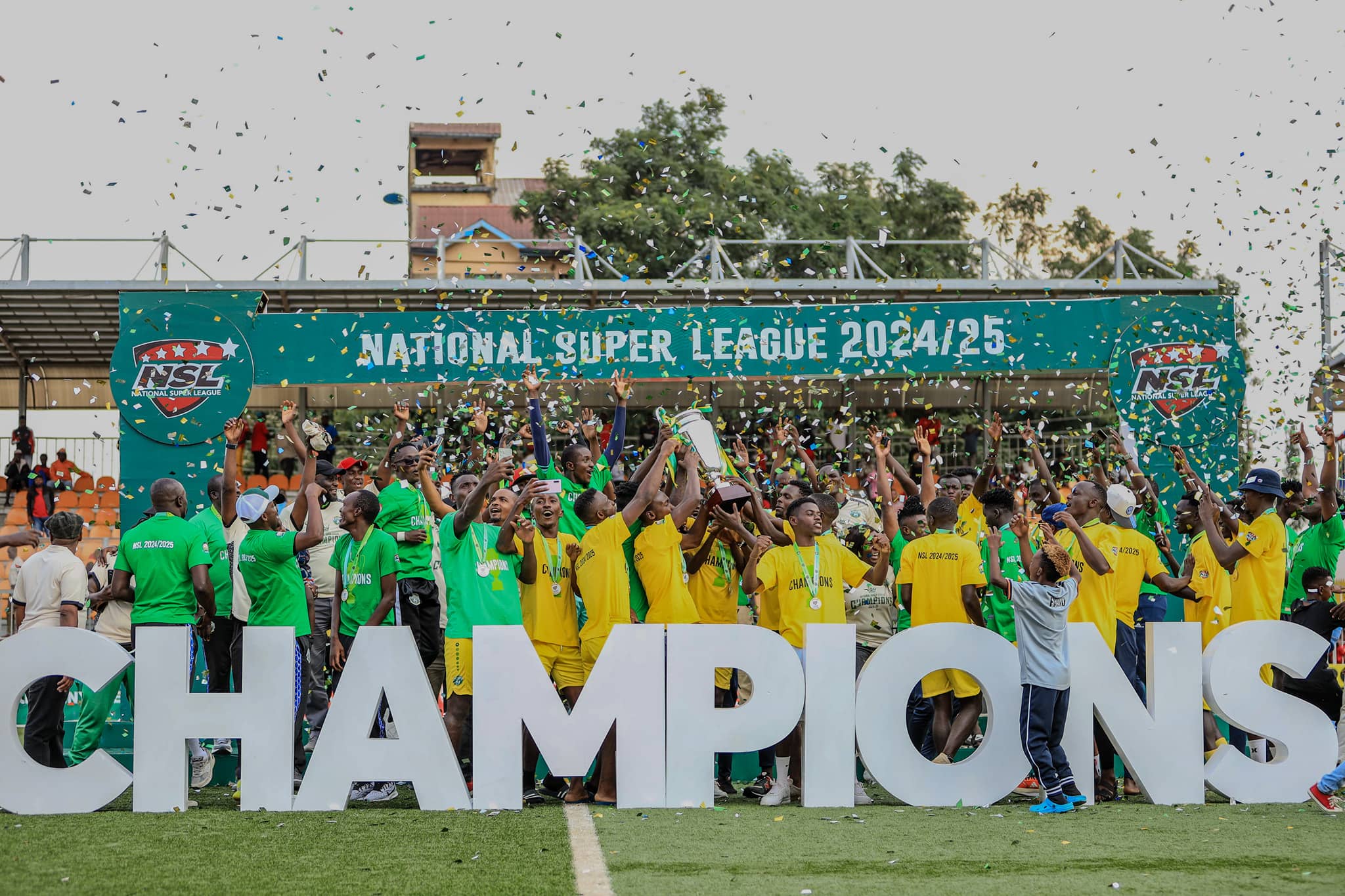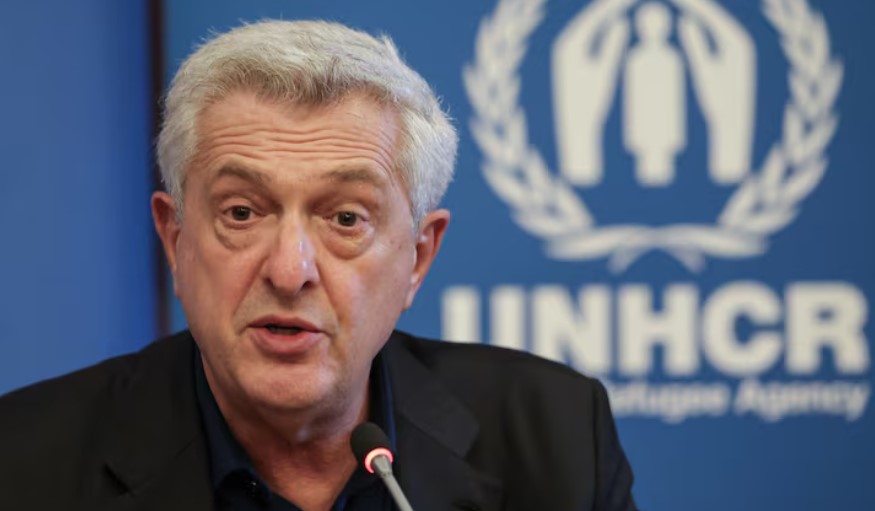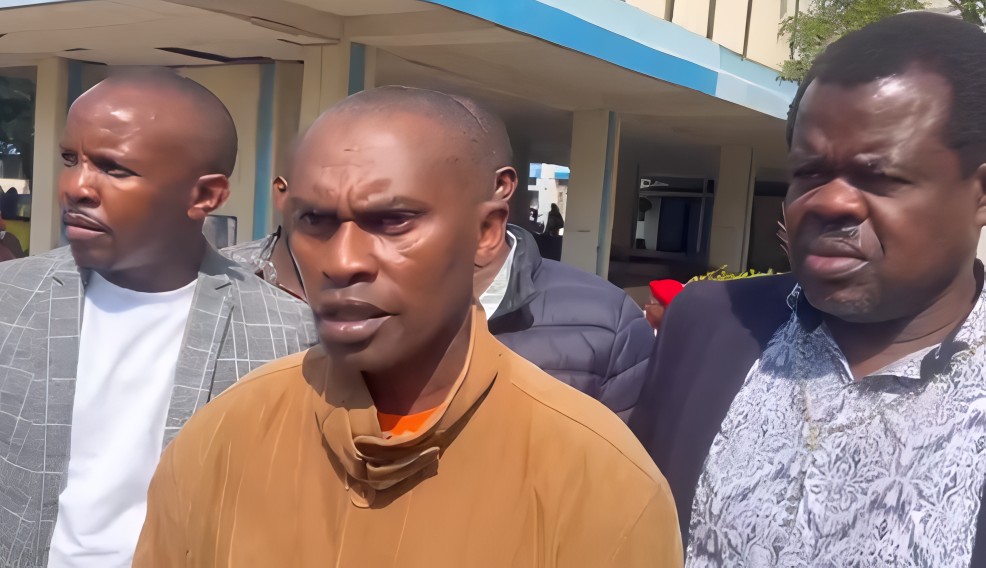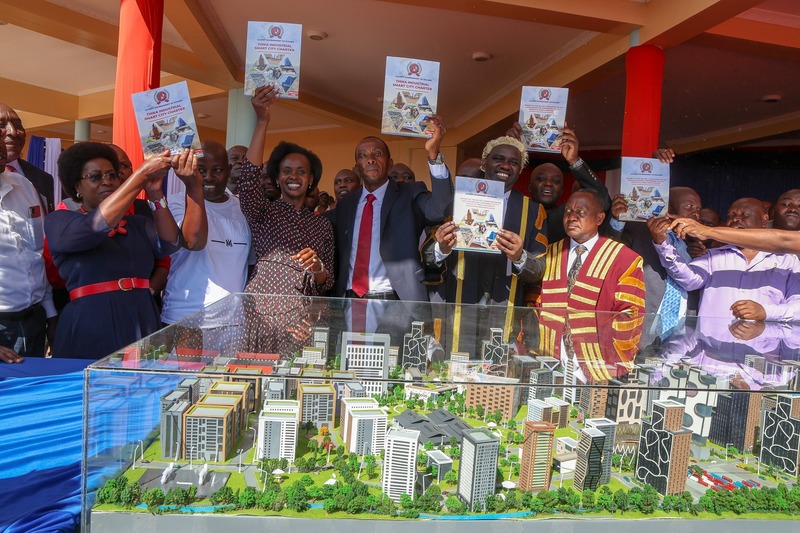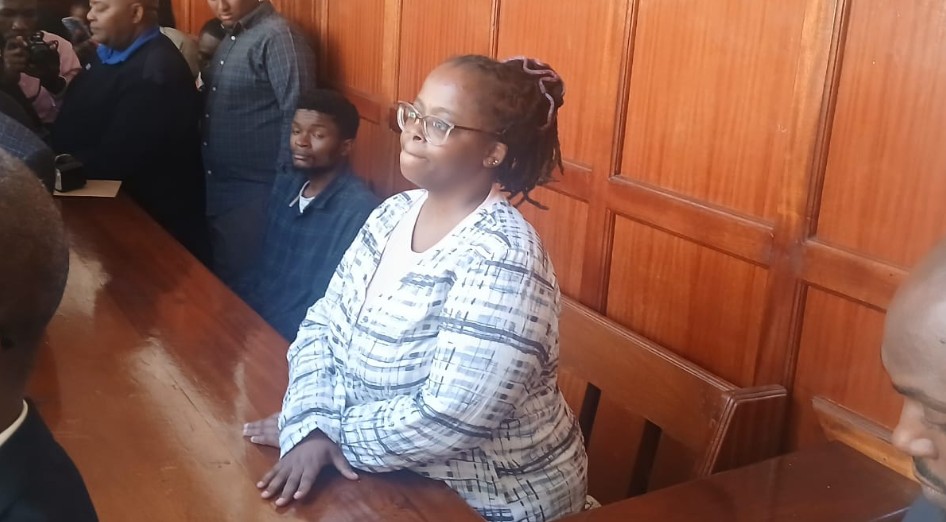IEBC seeks Sh57.4 billion for 2027 polls amidst budgetary concerns
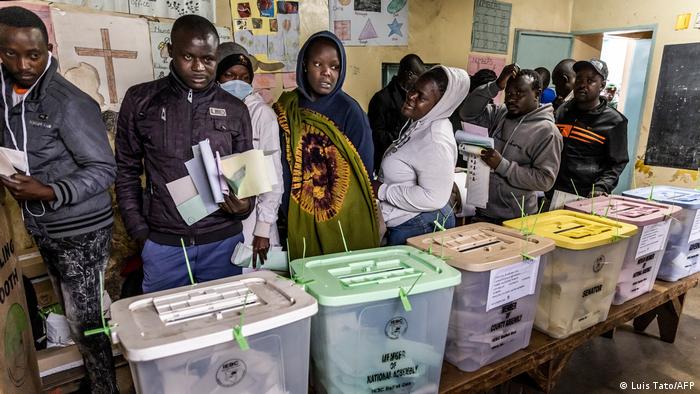
The commission plans to spend Sh57.4 billion in the 2027 General Election.
The Independent Electoral and Boundaries Commission (IEBC) is expecting adequate funding to satisfactorily prepare and deliver the next General Election.
In the budget statement presented by National Treasury Cabinet Secretary John Mbadi on Wednesday, Sh47.7 billion was allocated to governance and justice. It is from this amount that the electoral agency shall get its share to prepare and manage the electoral process.
More To Read
- Matiang'i blames 'poor leadership' for Kenya's woes upon return from US
- High Court halts National Olympic Committee of Kenya elections
- Why I am best suited to lead Kenya - former CJ David Maraga
- Former CJ David Maraga declares 2027 presidential bid, promises integrity-led leadership
- MPs reintroduce criminal penalties for elections held in ungazetted polling stations
- Ruto defies court order, appoints new IEBC chair Erastus Ethekon, six commissioners
Among the activities IEBC is expected to perform ahead of the next polls are voter education and purchasing fresh electoral kits.
However, the commission had raised fears that some tasks, like voter education, might go undone because of a lack of funds.
The commission plans to spend Sh57.4 billion in the 2027 General Election.
National Assembly Justice and Legal Affairs Committee Chairman Gitonga Murugara said the agency proposes to spend Sh5.12 billion in various activities and Sh3.7 billion for normal operations in preparation for the elections.
In its proposed budgetary allocation of Sh9.6 billion for 2025/2026, the commission proposes to spend Sh788 million on pending by-elections.
Murugara said IEBC plans to register about 6.3 million new voters in addition to the 22.1 million in the current register ahead of the General Election.
He told the Budget and Appropriation Committee that the commission requires 59,352 election kits; 55,393 for polling stations and 3,959 for training. The agency proposes to replace 45,352 kits bought in 2017, while the 14,000 acquired in 2022 would be reused in 2027.
Murugara said the situation was necessitated by the high bills for election result transmission, court rulings that resulted in the reprinting of ballot papers, foreign exchange losses and emergency airlifting of strategic election materials and staff.
The commission has pending bills amounting to Sh3.799 billion, out of which legal fees account for Sh2.65 billion and election logistics Sh298 million.
"My committee, cognizant of its oversight mandate, has also directed the commission to submit primary documents in support of the pending bills, especially on the legal bills for consideration and scrutiny to ascertain whether the Auditor General should undertake a special audit," said Murugara.
The committee argued that the shortfall in resources is likely to hinder the Office of the Registrar of Political Parties in undertaking critical activities, including the preparation of the General Election.
The office has made a passionate appeal to the committee for an additional allocation of Sh6.98 billion to cater for budgetary shortfall in the following areas: Sh256.69 million for 2027 elections preparedness, Sh530.09 million for office programmes and activities, and Sh6.19 billion for Political Parties Fund," said Murugara.
The Fund was allocated Sh1.428 billion, which is below the Sh7.618 billion required under Section 24(1) of the Political Parties Act, hence a deficit of Sh6.19 billion.
Murugara said the Registrar of Political Parties is frequently enjoined in matters filed in court and in the Political Parties Dispute Tribunal arising from intra- and inter-parties' disputes. This affects the office in terms of legal fees and time used in defending the cases.
On Thursday, Mbadi presented a Sh4.2 trillion budget for the 2025/26 financial year, with the government targeting to raise Sh3.3 trillion in revenue and bridge a Sh900 billion deficit through borrowing and grants.
Of the projected revenue, Sh2.7 trillion will come from taxes and Sh560 billion from other government levies.
To cover the shortfall, the Treasury expects Sh46.9 billion in grants, Sh592 billion in domestic borrowing, and Sh284 billion from external sources.
Recurrent spending is set at Sh3.1 trillion, with Sh725.1 billion allocated for development and Sh436.7 billion earmarked for county governments.
Governance Expert Samuel Owida argues that free and fair elections depend on the preparedness of the IEBC for the task.
"It does not matter who will win or not win in the forthcoming election contest. What matters is how the agency will be funded to execute its mandate," said Owida.
Top Stories Today

